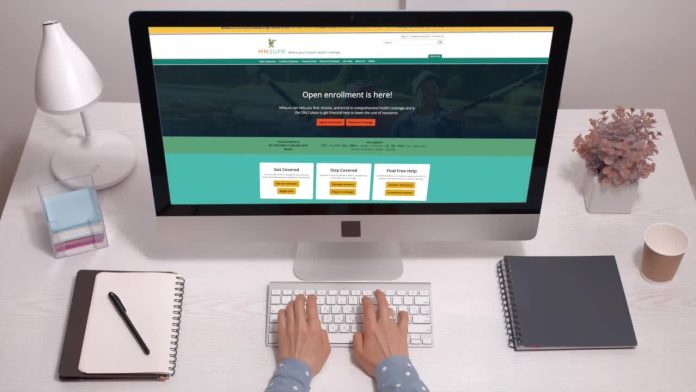Huge increases in health insurance costs for thousands of low and middle-income Minnesotans won’t discriminate based on whether you’re a Republican or Democrat.
Everyone in the MNsure public marketplace will be subject to premium increases that could be double, triple or quadruple what customers are paying now.
“Let me just say tears have been shed … and that’s really sad,” says Denise Robertson of Health Access MN, a health insurance navigator in partnership with MNsure.
The public market is primarily for people without private health insurance through large employers.
Robertson says she’s had to share bad news with a lot of consumers. She gives one example of a 63-year-old non-smoker from Rochester in 2025 paying $338.21 per month after a $721 federal tax credit is applied. In 2026, with no subsidy, that would jump to $1,392.07, a 387% increase.
Other, more modest examples include a family of three in Hennepin County seeing their health insurance premium more than double without a subsidy in 2026, paying $1,039 per month (instead of $469.99 with a subsidy).
Senate Republican leaders have promised Democrats they’d conduct a vote on continuing the subsidies for a year with no guarantee of passage. House Republicans have not made such a promise and sound unlikely to do so.
“If it’s true without those (subsidies), Obamacare is going to collapse, isn’t that a condemnation of the Affordable Care Act? It’s not affordable and it’s driving these costs,” Republican House Majority Whip Tom Emmer of Minnesota said on FOX News recently.
Democratic Sen. Amy Klobuchar reminded Republicans in a Senate floor debate recently what’s at stake. “Seventy-five percent of the people on these Affordable Care Act policies live in states that Donald Trump won,” she said. “Why? A lot of small companies. Lot of rural areas … 27% of farmers and ranchers are on Affordable Care Act plans.”
Carleton College political analyst Steven Schier says it’s going to be a volatile campaign issue in 2026 if subsidies are not extended. “Democrats need issues for the mid-term election, and I think they find the health care issue to be a very promising one,” he says. “For Republicans to have a good counter-argument, they have to have a compelling alternative. And right now Republicans do not have consensus on an alternative to the Affordable Care Act.”
Robertson of Health Access MN urges people to apply for health insurance even if they suffer from sticker shock when they see what rates could be without federal subsidies, because Minnesota also offers state financial help.
She says if you don’t apply and Congress approves an extension, you might have to wait until next year to qualify for federal subsidies. Of course, that’s assuming the subsidies continue after 2026.








